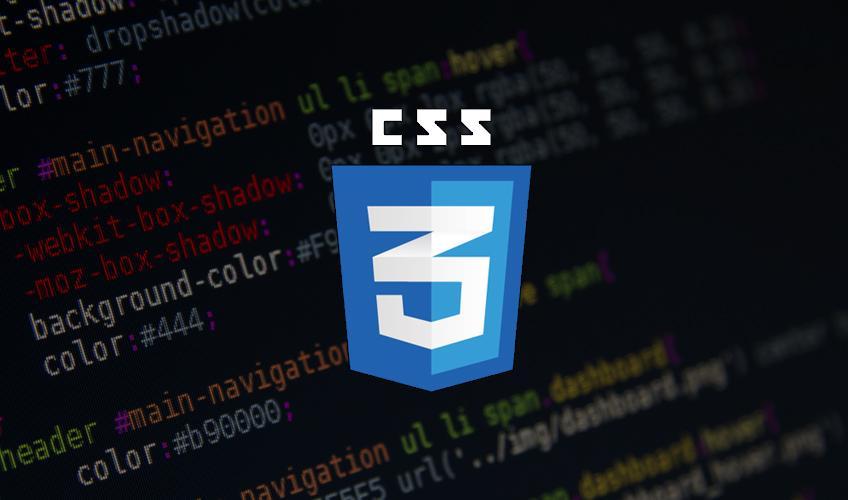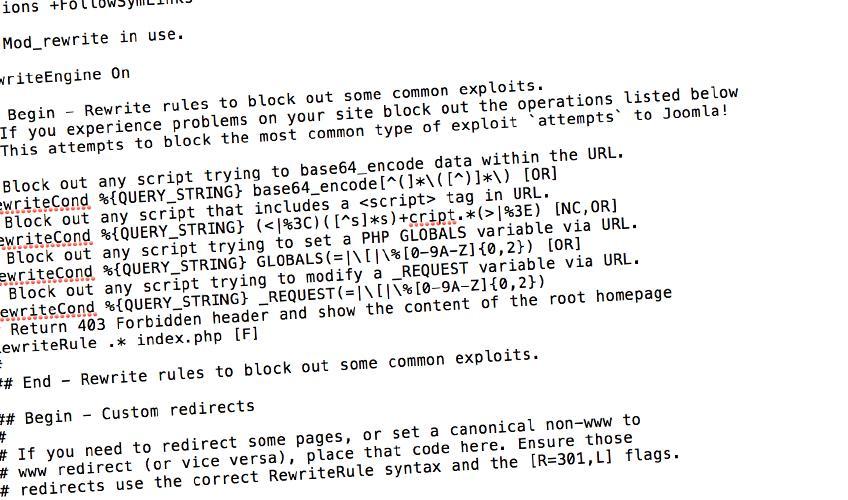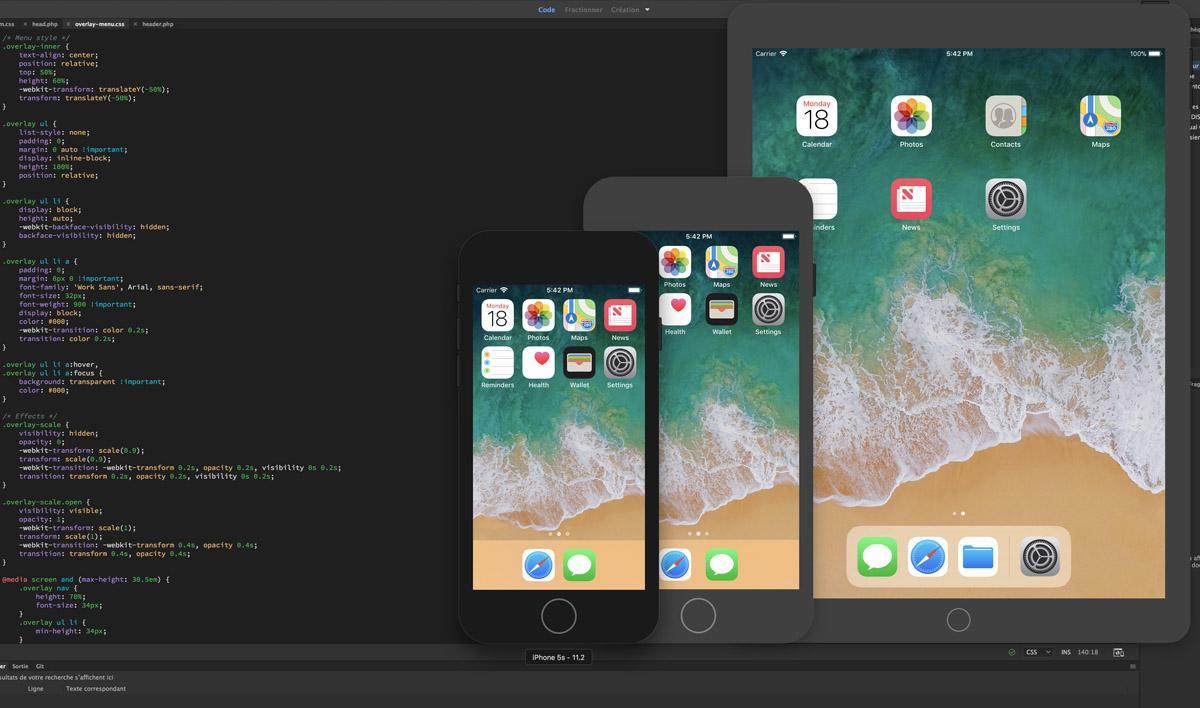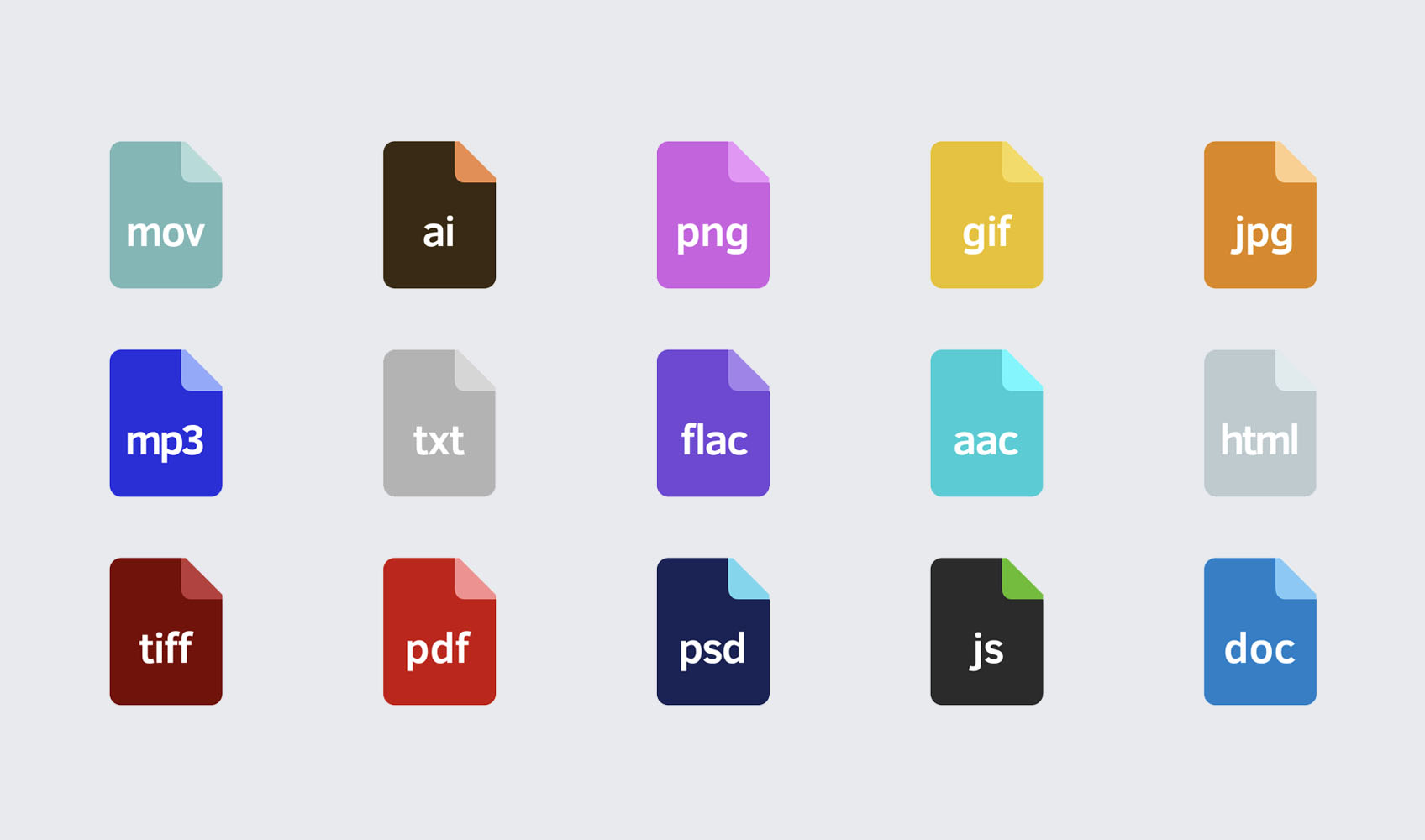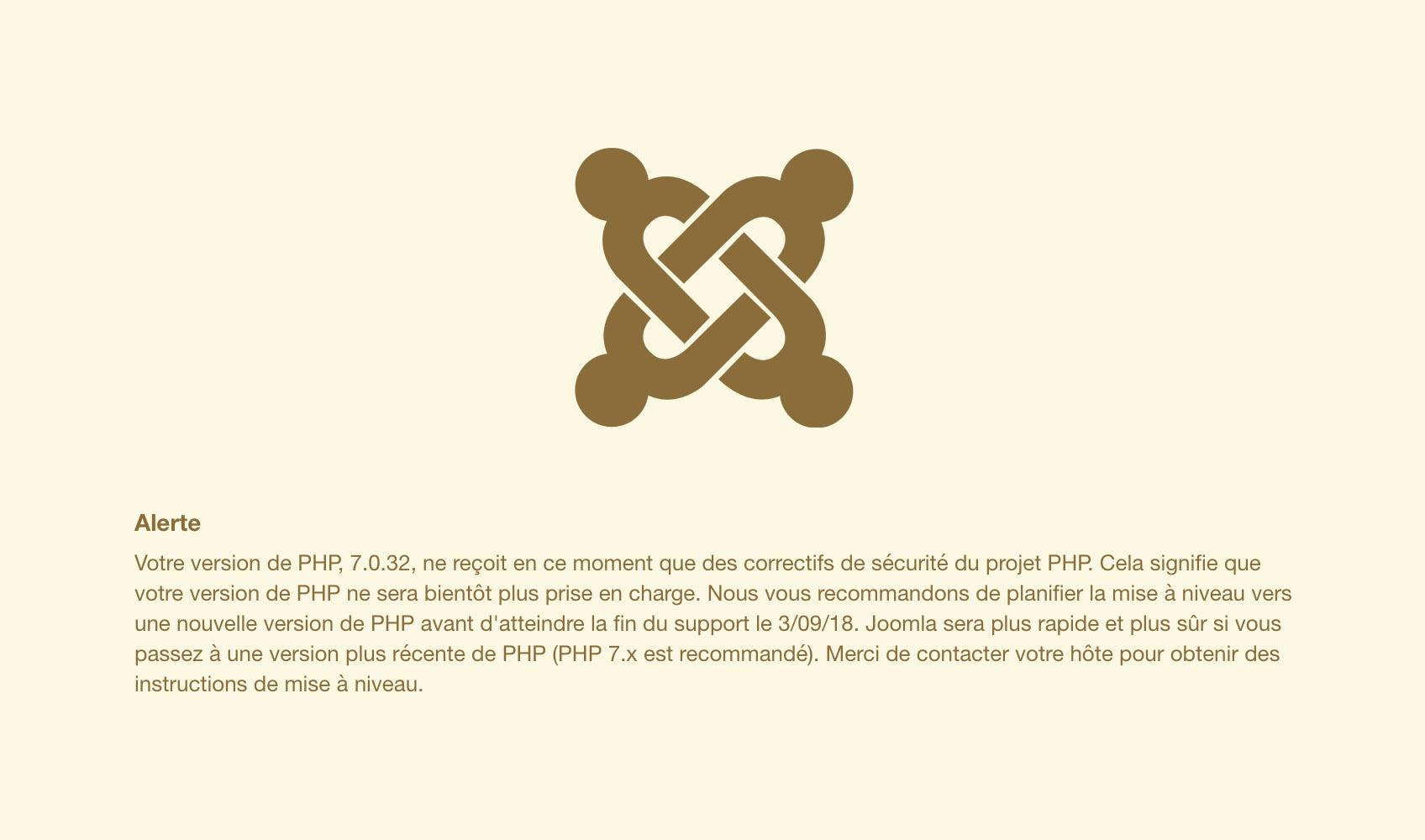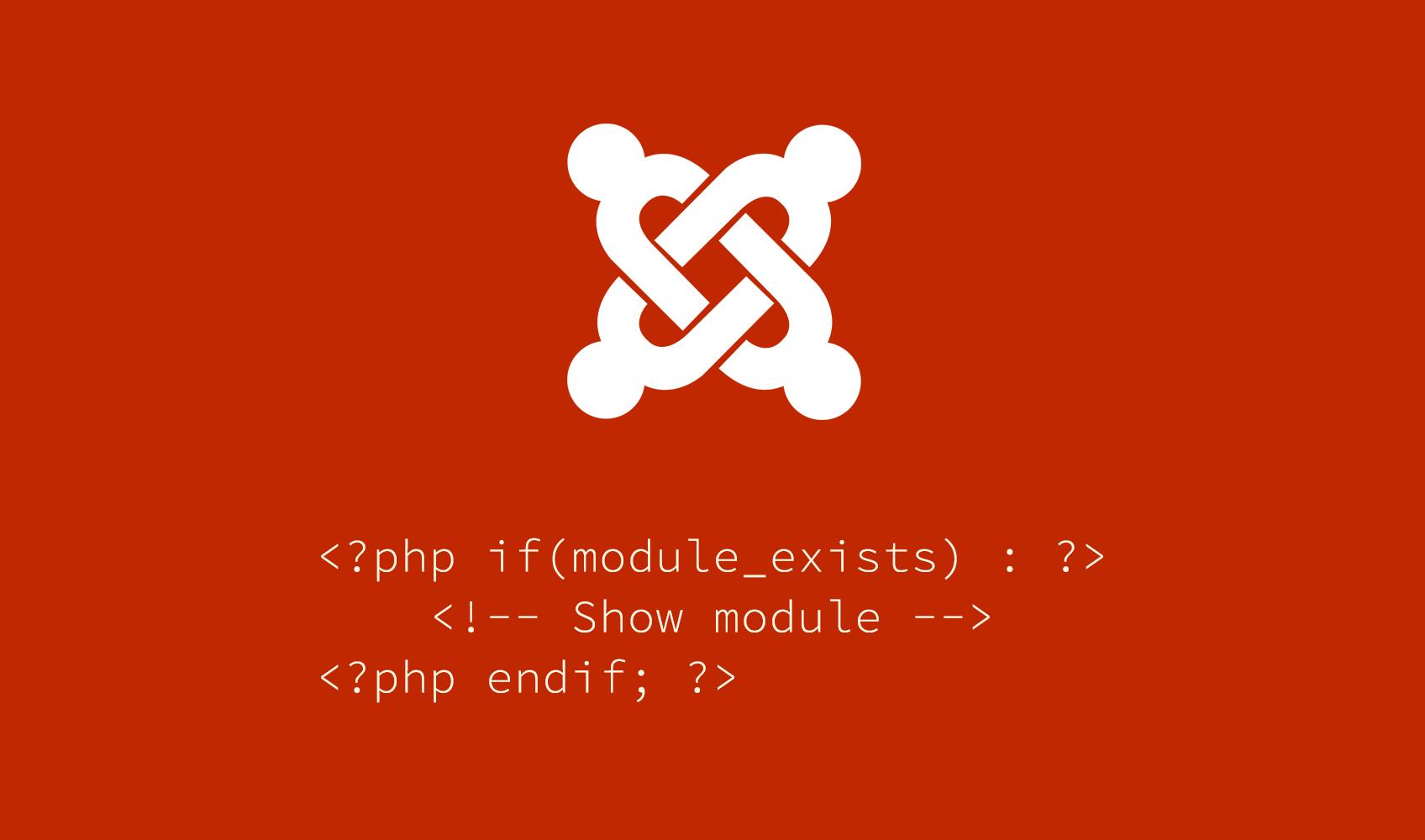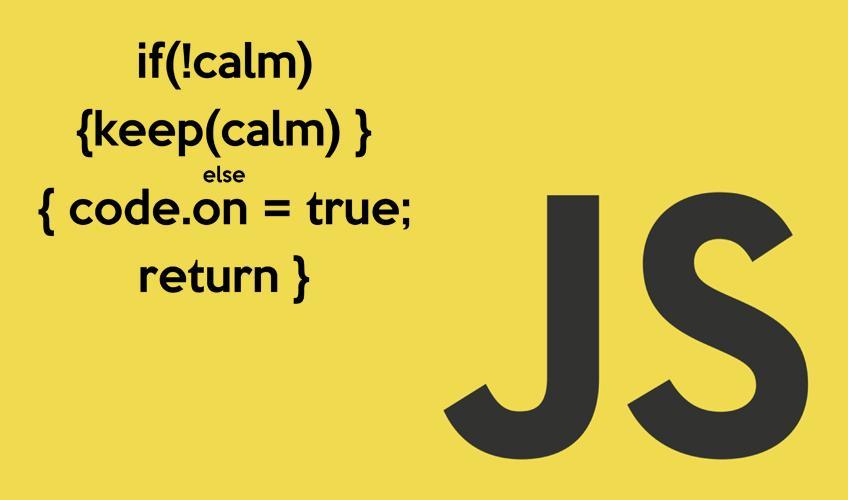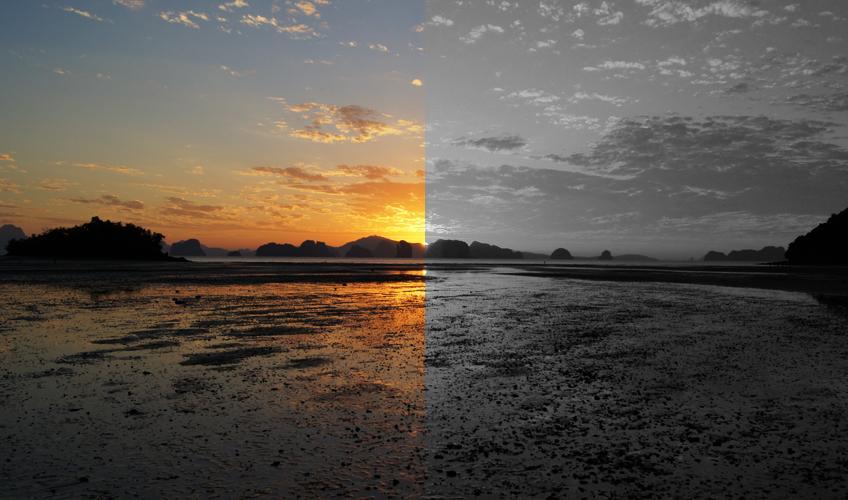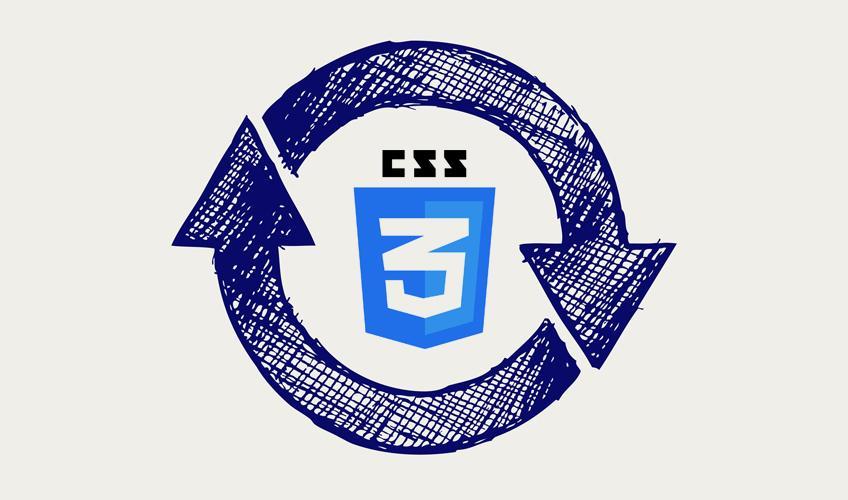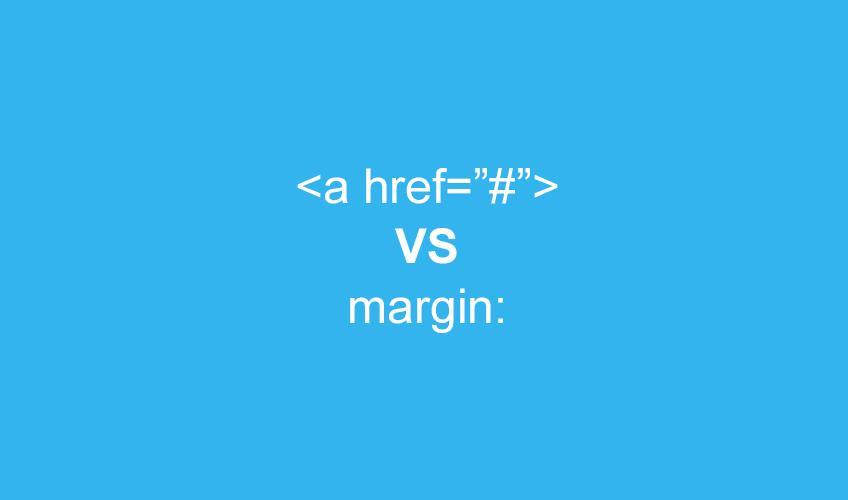Je me souviens du temps où il fallait faire appel à Photoshop pour appliquer une texture à un texte, il fallait faire un masque et sauvegarder sous .gif ou .png pour l'intégrer avec une qualité parfois douteuse. Avec CSS3 ce temps est révolu, et tant mieux !
Du côté HTML, on va intégrer le texte dans un div :
<div id="blocTexteAvecTexture">
<p>TEXTURE</p>
</div>
On passe ensuite au CSS :
#blocTexteAvecTexture {
background: -webkit-linear-gradient(transparent, transparent), url("chemin/vers/votre/image.jpg") transparent;
background-image: -o-linear-gradient(transparent, transparent);
background-size: cover;
font-family: Arial Black;
color: #000;
-webkit-text-fill-color: transparent;
-webkit-background-clip: text;
display: block;
}
#blocTexteAvecTexture p {
font-size: 90px;
line-height: 90px;
text-shadow: 0 0 1px rgba(0,0,0,.1);
-webkit-transition: text-shadow 1s ease;
transition: text-shadow 1s ease;
}
TEXTURE
Malheureusement, ceci fonctionnera avec les navigateurs webkit, mais pas les autres comme Firefox. La propriété background-clip est un standard CSS3, mais pas text. Dans Firefox, ce texte restera noir. On peut remédier à celà avec un fallback via svg en ajoutant un petit script JS.
Ce code JavaScript est à ajouter après l'HTML :
/**
-webkit-background-clip: text Polyfill
# What? #
A polyfill which replaces the specified element with a SVG
in browser where "-webkit-background-clip: text"
is not available.
Fork it on GitHub
https://github.com/TimPietrusky/background-clip-text-polyfill
# 2013 by Tim Pietrusky
# timpietrusky.com
**/
Element.prototype.backgroundClipPolyfill = function () {
var a = arguments[0],
d = document,
b = d.body,
el = this;
function hasBackgroundClip() {
return b.style.webkitBackgroundClip != undefined;
};
function addAttributes(el, attributes) {
for (var key in attributes) {
el.setAttribute(key, attributes[key]);
}
}
function createSvgElement(tagname) {
return d.createElementNS('http://www.w3.org/2000/svg', tagname);
}
function createSVG() {
var a = arguments[0],
svg = createSvgElement('svg'),
pattern = createSvgElement('pattern'),
image = createSvgElement('image'),
text = createSvgElement('text');
// Add attributes to elements
addAttributes(pattern, {
'id' : a.id,
'patternUnits' : 'userSpaceOnUse',
'width' : a.width,
'height' : a.height
});
addAttributes(image, {
'width' : a.width,
'height' : a.height
});
image.setAttributeNS('http://www.w3.org/1999/xlink', 'xlink:href', a.url);
addAttributes(text, {
'x' : 0,
'y' : 80,
'class' : a['class'],
'style' : 'fill:url(#' + a.id + ');'
});
// Set text
text.textContent = a.text;
// Add elements to pattern
pattern.appendChild(image);
// Add elements to SVG
svg.appendChild(pattern);
svg.appendChild(text);
return svg;
};
/*
* Replace the element if background-clip
* is not available.
*/
if (!hasBackgroundClip()) {
var img = new Image();
img.onload = function() {
var svg = createSVG({
'id' : a.patternID,
'url' : a.patternURL,
'class' : a['class'],
'width' : this.width,
'height' : this.height,
'text' : el.textContent
});
el.parentNode.replaceChild(svg, el);
}
img.src = a.patternURL;
}
};
var element = document.querySelector('.texteAvecTexture');
/*
* Call the polyfill
*
* patternID : the unique ID of the SVG pattern
* patternURL : the URL to the background-image
* class : the css-class applied to the SVG
*/
element.backgroundClipPolyfill({
'patternID' : 'mypattern',
'patternURL' : 'chemin/vers/votre/image.jpg',
'class' : 'texteAvecTexture'
});
On ajoute un peu de CSS pour le fallback SVG :
.texteAvecTexture {
font-size: 90px;
}
svg {
width: 100%;
}
Et maintenant ça fonctionne même avec Firefox !
TEXTURE

